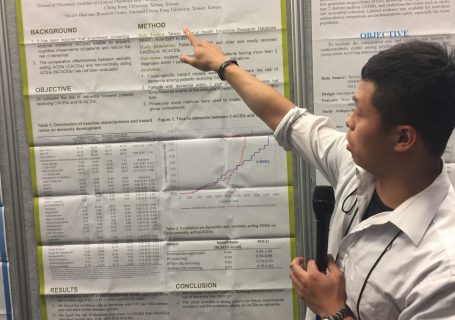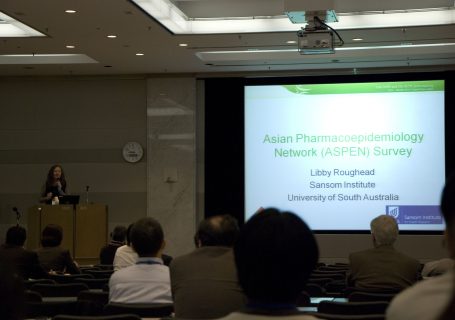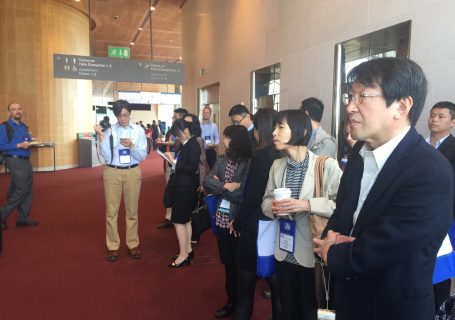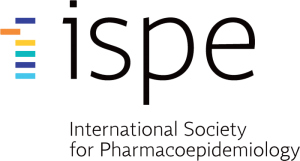The Prescription Sequence Symmetry Analysis (PSSA) Study 1
The Prescription Sequence Symmetry Analysis (PSSA) Study 1: Association between antipsychotic use and diabetes. Objective: To test the feasibility of using a distributed model for undertaking studies in AsPEN. Design: A distributed network model was employed using fit for purpose code written by the University of South Australia to test the association between antipsychotic use […]





